Posted on April 01 2017
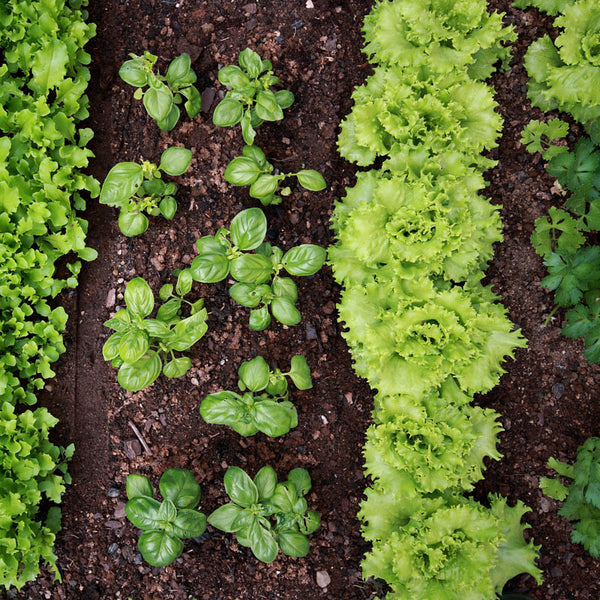
There are really no downsides to starting a home garden. With just a little effort, you can have fresh vegetables available in your own backyard. Gardening is fairly straightforward- with some soil, a small space outside and sunlight, you can grow veggies for all of your favorite recipes.
Taking on the task of starting a garden can be tricky, which is why it's a good idea to start small. Once you get the hang of it, you can expand your garden to accommodate all of your vegetable needs. Until then, here are five healthy vegetables to help you get started:
Kale
It's best to grow your kale in soil that is approximately 10-inches deep. Make sure you give each plant plenty of room to grow (at least 1 foot) and don't plant this leafy green when it's too hot. Kale is best grown in the cooler seasons like spring and fall. If you cut the outer leaves as it grows, the center will continue to grow at an accelerated rate. And watch out for pesky cabbage worms!
Carrots
You can plant carrot seeds only a few inches apart, but make sure the soil is about 12-inches deep. The most common mistake made when growing carrots is leaving them in the ground for too long. You will have a tenderer, tastier carrot if you pick them while they're still small.
Red bell peppers
Plant each seed with 12- to 18-inches of room to grow between peppers in soil that is 8- to 12-inches deep. Be on the lookout for aphids (green flies) and beetles, which will both eat away at your plants.
Tomatoes
Depending on the type of tomatoes you choose, you will need to plant them in soil ranging from 8- to 18-inches deep at least two feet apart from one another. Do your best to keep worms off of your plants and check for the fungal plant disease blight every now and again. Use a stake or a cage to keep the plants from drooping to the ground as they grow.
Broccoli
Grow broccoli in soil 12 to 16 inches deep with 18 inches of room between its neighboring plants. You can protect your broccoli from cabbage worms by draping them with a bed sheet.
Keep your vegetable seeds in vacuum sealed bags until you're ready to plant them. Separate the different plant seeds into their own bags, they will stay good longer, and this way, you don't have to worry as much about losing them! FoodVacBags.com is the perfect place to find recipes that you can use to create delicious meals from your newly grown fruits, vegetables, and herbs.
Related Posts
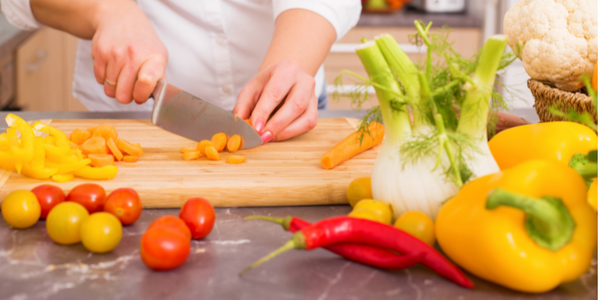
Vacuum Sealing for Meal Prep: Organizing Your Week with Ease
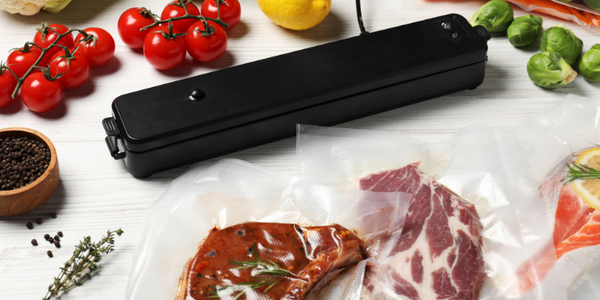
Troubleshooting Common Vacuum Sealing Issues: Tips for Optimal Performance
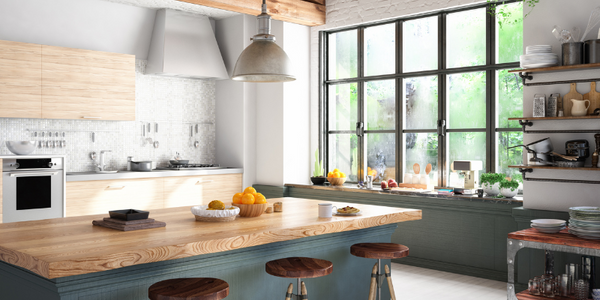
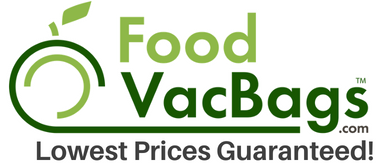

0 comments